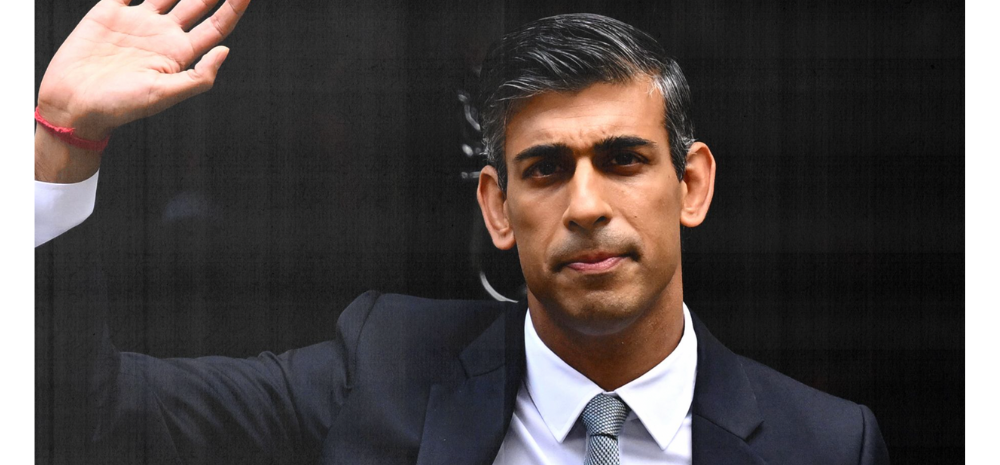Indian-Origin UK PM Will Place Restrictions For Foreign Students To Reduce Migration
UK prime minister Rishi Sunak is mulling over whether to curb foreign students from taking “low quality” degrees and bringing dependents into the country.

Contents
In brief
This comes after official figures showed net migration to the UK had climbed to a record half a million.
Sunak’s spokesman declined to define a “low quality” degree or to “pre-empt” any policy decisions.
His plans to bring down the number of foreign students is nothing new.
Indian vs Indian by origin
Such plans could include restricting admissions to top universities, as well as restricting visas for students’ dependents.
Ironically, another Indian of origin Suella Braverman said she was against “bringing in family members who can piggyback onto their student visa” and “propping up, frankly, substandard courses in inadequate institutions”.
The woman continued, “I have concerns about having an open borders migration policy with India because I don’t think that’s what people voted for with Brexit. Look at migration in this country – the largest group of people who overstay are Indian migrants.”
And the irony continues.
Economic concerns
The billionaire PM said migration would be needed “for the years ahead – that will be very important for the economy”.
Lending him support is Chancellor Jeremy Hunt who blurted that there had to be “a long-term plan if we’re going to bring down migration in a way that doesn’t harm the economy”.
National Union of Students (NUS) commented the idea was “laughable” if the govt was to make it further strenuous for international students to study in the UK.
Not in a position to implement
This, given the UK’s skills shortage, accusing ministers of “starving” higher education of funds, while encouraging the exploitation of foreign students as “cash cows through astronomical fees and violent visa regimes”.
Net migration to the UK rose from 173,000 in 2021, to 504,000 this year – an increase of 331,000.

Comments are closed, but trackbacks and pingbacks are open.